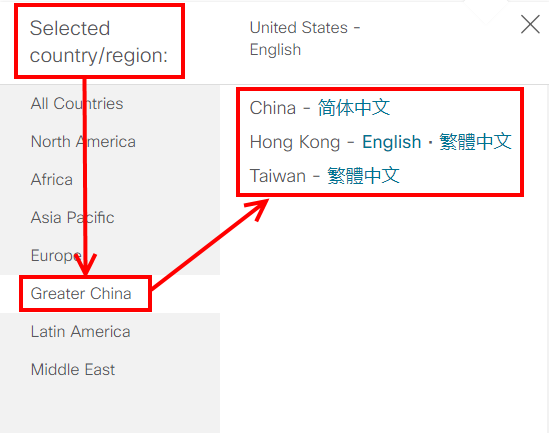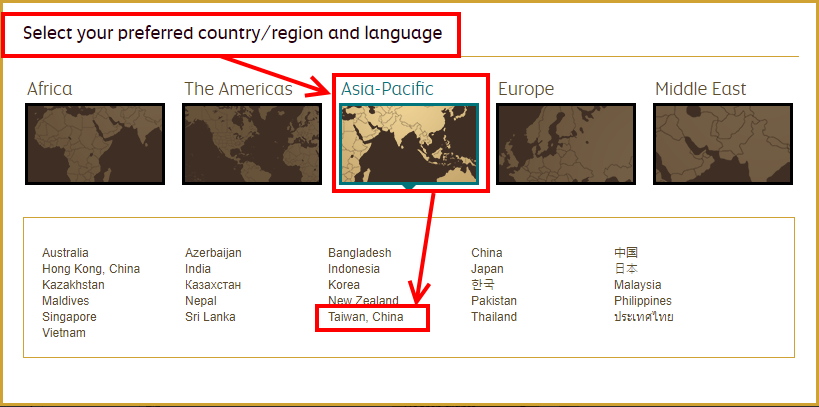Sometimes Localization Becomes Political – The Case of Taiwan

When it comes to globalization and localization, it is almost impossible to avoid politics. Several companies recently have been asked by China to stop referring to Taiwan as a country (Forbes.com). Companies with a lot of business in China will certainly listen when that economic powerhouse asks them to make what appears to be a fairly small change. Larger companies are likely attracting more attention from the Chinese government than smaller companies with less publicity, but if China is an important market for a company, they are well advised to heed the warning and just make the change, as it should have no negative impact on their business.
Many websites and software products contain some form of a country list. If the list is captioned as “Country”, a simple change to “Country/Region” may mitigate the issue while still providing clarity to the user. An alternate solution to change the caption to “Location” is too ambiguous, as “Location” could also refer to a city, a village, a public square, or even an individual house.
Some companies use a language/country selector that groups the countries by geographical region, for example Europe, Middle East, and Asia Pacific, with on large tech company showing “Greater China” as its own region, which then lists sub-entries for China, Hong-Kong, and Taiwan. Here are some examples of website language selectors (Cisco.com at the top, Etihad.com at the bottom):


Of course there is always the option to resist China’s pressure and call Taiwan a country. Every company needs to make its own judgment and do what’s right for them. The important part is to be aware of these types of geopolitical issues to allow one to make informed decisions.
